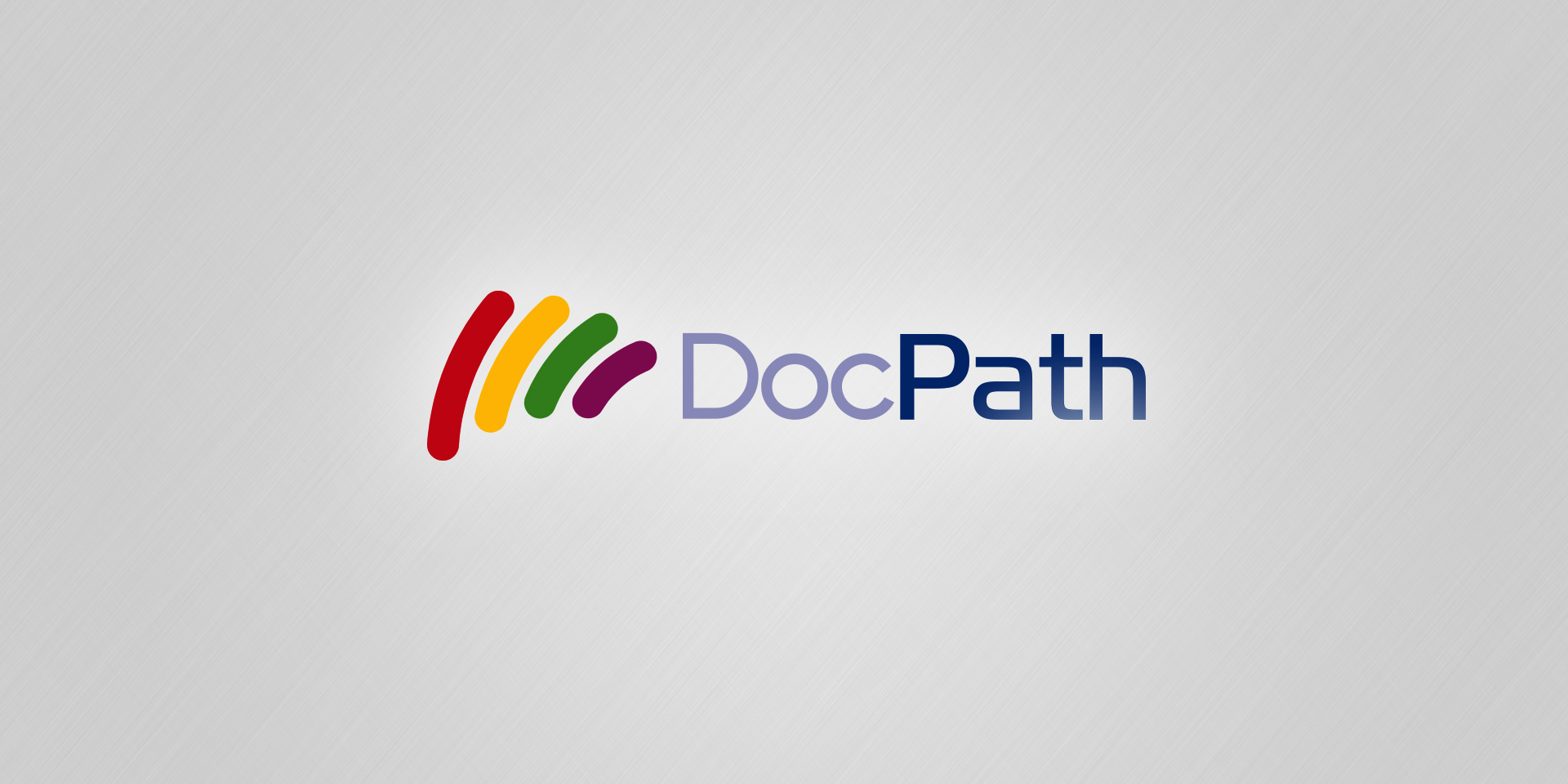
By Julio Olivares*
If in the past few years the IT sector was getting used to achieving records, at the end of the last year, this sector has had to face a slowdown in business, which registered an 11% drop in computer sales in the fourth quarter of 2008. But after the “storm” caused by the economic crisis, that still maintains some businesses in a state of alert, the IT sector, mainly in the software market, looks to new horizons.
Prospects are favorable. Not only have negotiations boosted, but PC manufacturers are betting on this market segment, which is expecting a 9% growth compared to the previous year, reaching a total of $16.5 billion in 2009, from this amount, $5.5 billion coming from system license sales and $11 billion provided services. At first glance, this data may seem poor compared to the 35% growth achieved in early 2008, however, if we consider how the crisis has affected many sectors, we can see that this is a very positive balance.
Nevertheless, both service providers and consumers should be careful. The moment is favorable to the creation and launching of new software, but we must be able to separate the wheat from the chaff, and to differentiate services that can actually bring something to the market from those that are only taking advantage of the “wave,” but that in practice do not address the needs of the sector. And we must recognize those that can combine different solutions in one software. These times require diversification, skill and speed in solving problems.
In this context, software for electronic documents, that stands out is software that optimizes time and reduces costs of the company’s documentation process, besides contributing to the reduction of paper use in offices. These are the solutions necessary for the current reality.
To get an idea, systems purchasing is increasing in education and health sectors as well as in small retailer networks. These are sectors in constant evolution. The first two are part of everyone’s life, and the third is a market segment that is growing constantly. All three have technological deficiencies. Therefore, more than ever it is necessary to innovate and create software that can operate in different circumstances. And those that distinguish themselves in the coming months will most likely establish themselves among the major IT companies.
* Julio Olivares is the CEO of DocPath Document Solution.
